Home / Technology
Truth behind the Elon Musk and Sam Altman feud — explained
Musk-Altman fallout isn’t just personal feud, instead it’s reflection of broader argument in tech world over who should control AI's future
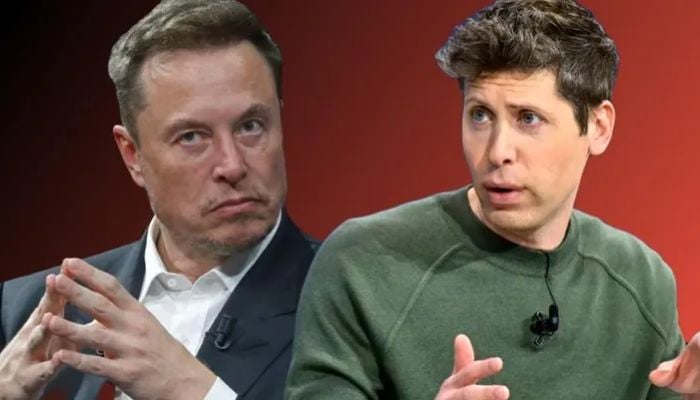
Once united by a shared mission to build safe and accessible artificial intelligence (AI), the Tesla CEO, Elon Musk, and OpenAI CEO, Sam Altman, are now engaged in one of Silicon Valley’s most dramatic and public rivalries.
Their journey from collaborators to rivals shows a vivid picture of clashing ideologies and shifting power dynamics within the tech world.
While many would be aware of the fact that what went wrong between the two, for those unversed, we have got you covered with all the significant events that happened between the two tech titans.
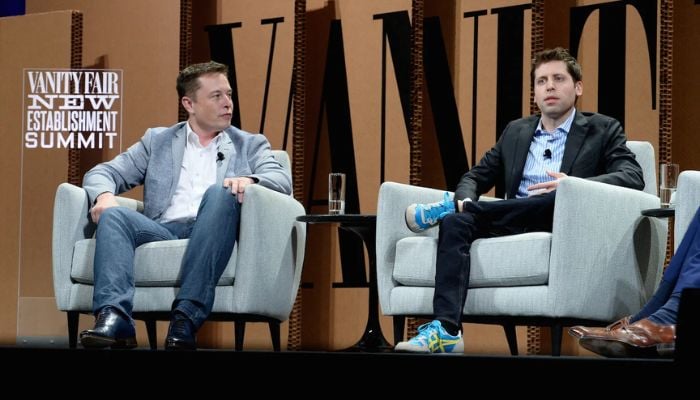
The beginning
The tech billionaire Musk and Sam Altman first met in the early 2010s. Musk, already a household name due to Tesla and SpaceX, saw a kindred spirit in Altman, who was then president of startup accelerator Y Combinator. Their mutual concern over the unchecked rise of AI brought them together.
Later in 2015, the two co-founded OpenAI, a nonprofit research lab aiming to develop artificial general intelligence (AGI) for the benefit of humanity.
Musk was particularly vocal about the existential threats AI could pose, and OpenAI’s mission of transparency and safety resonated with his ideals. Meanwhile, Altman provided the operational leadership and long-term vision.
Rising tensions: Origins of Musk and Altman’s feud
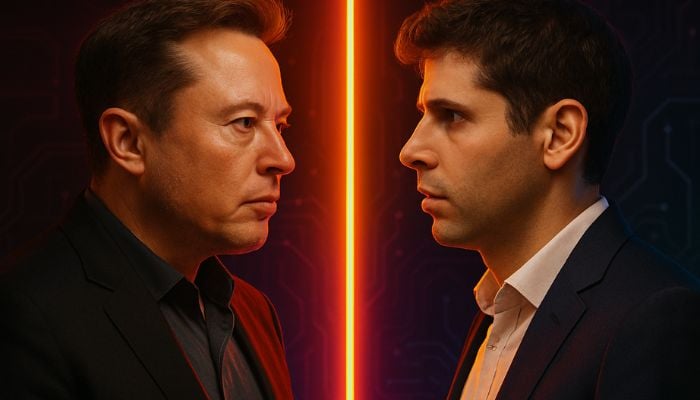
By 2017, cracks had begun to form. Musk believed that OpenAI needed more funding and tighter control to effectively compete with AI giants like Google DeepMind. He proposed folding OpenAI into Tesla, utilising its resources and AI research for both ventures.
However, Altman pushed back, advocating instead for an open, independent model that would avoid centralised corporate dominance.
This disagreement over governance and direction grew.
Musk leaves OpenAI
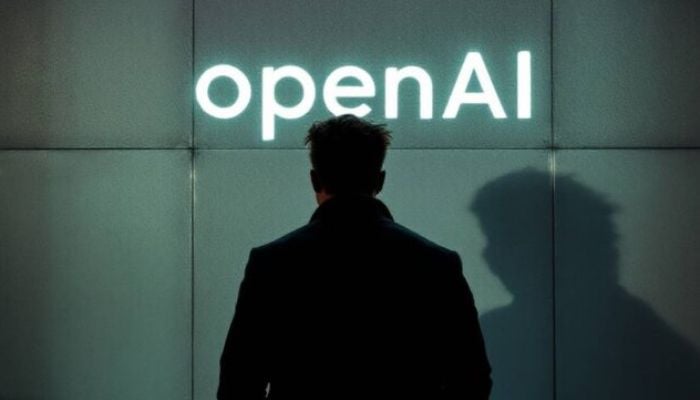
In 2018, Musk officially stepped down from OpenAI’s board, citing a conflict of interest with Tesla’s own AI development.
However, underlying tensions over leadership and vision were already evident. After Musk's departure, Altman took the role of CEO and began steering OpenAI into a new era.
That said, the turning point came in 2019, when OpenAI shifted from a nonprofit to a “capped-profit” model, a move designed to attract outside investment while maintaining a mission-driven structure.
Musk criticised this step publicly, claiming OpenAI was abandoning its founding principles.
Public rivalry: From GPT-3 to xAI
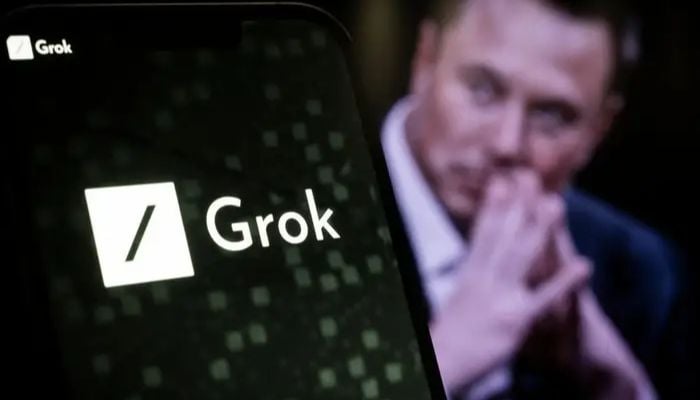
Later, when OpenAI released the revolutionary GPT-3 model in 2020 and cemented partnerships with Microsoft, Musk’s criticism became louder. He accused OpenAI of prioritising profits and exclusivity over openness.
In 2023, Musk launched xAI, a rival company aimed at developing "truthful" and "transparent" AI. xAI’s chatbot, Grok, was integrated into X (formerly Twitter), directly competing with ChatGPT.
Moreover, Musk's public jabs at Altman and OpenAI became routine, highlighting what he saw as ethical compromises and conflicts of interest.
Altman vs Musk ongoing legal battle
In 2024, the feud exploded. The rivalry between the two tech titans escalated into the courtroom. Musk sued OpenAI and Altman, claiming the company had strayed from its founding commitment to open-source, non-profit research.
He pointed to the company’s multi-billion-dollar commercial partnership with Microsoft as evidence of betrayal.
Meanwhile, OpenAI dismissed the lawsuit as meritless, stating that the shift to a "capped-profit" model was necessary to fund AGI development safely.
Altman took on a leading role in the Stargate Project, a $500 billion US AI infrastructure initiative, which further boosted his profile.
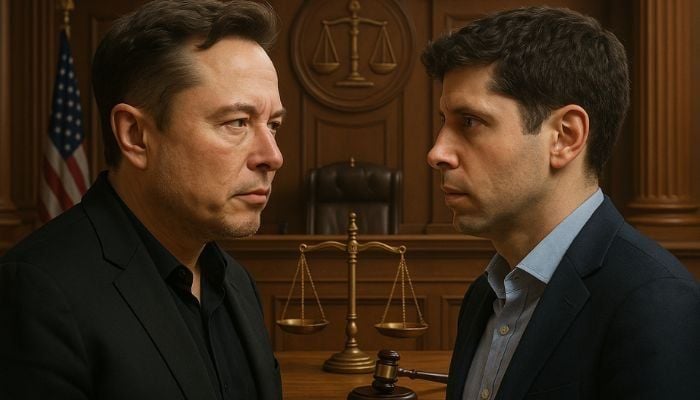
The feud reached new heights in 2025
Early in 2025, Musk reportedly made a $97.4 billion bid to acquire OpenAI, a move largely seen as strategic rather than sincere.
Altman countered with a sarcastic $9.7 billion offer to buy X, mocking Musk’s steep devaluation of the platform since acquiring it for $44 billion in 2022.
It is worth noting that a jury trial is scheduled for March 2026, during which both parties will argue over OpenAI’s transformation and whether it has violated its founding mission.
This also adds to a growing number of lawsuits facing OpenAI, as a slew of authors and news outlets allege that the company violated copyright laws and illegally used original works to train its AI tools.
The Musk-Altman fallout isn’t just a personal feud, instead it’s a reflection of the broader argument in the tech world over who should control the future of AI.